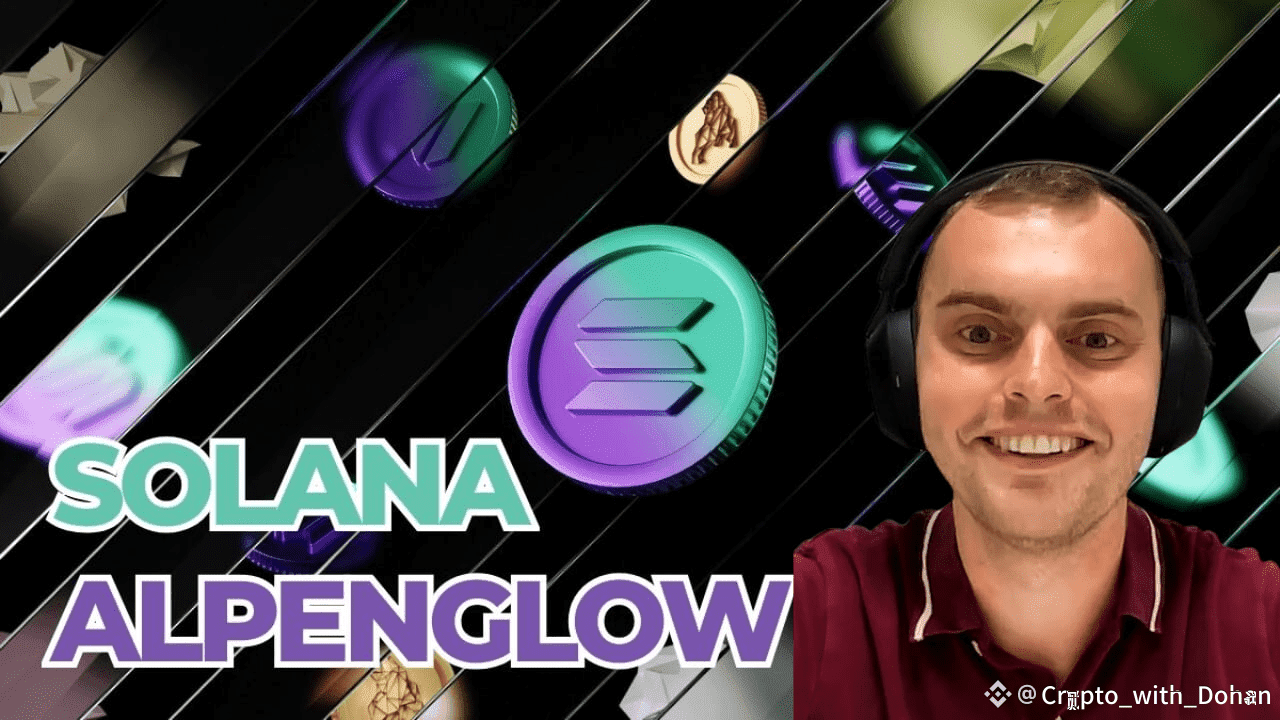⚡$SOL next big step toward decentralization is almost here — and it could reshape validator participation across the network.
🗣️ Michael Repetny, CEO of Marinade Finance (Solana’s largest liquid staking protocol), confirmed that the upcoming Alpenglow upgrade will make it far easier for new validators to join the ecosystem by cutting node-operation costs dramatically.
💸 The Problem — and the Fix
Right now, running a Solana node costs roughly $5,000 per month, with about 80% of that going toward vote fees (the cost of validating blocks).
🔧 The Alpenglow upgrade aims to slash those vote fees, meaning smaller operators and community-driven validators will finally have a real shot at joining the network — strengthening Solana’s decentralization and resilience.
⚙️ The Trade-Off
Repetny also noted that as transaction volumes grow, hardware requirements could rise over time.
So while software costs drop, some validators may still need stronger setups to keep up with Solana’s ever-increasing performance.
🗓️ Launch Timeline
The upgrade was approved by the Solana community in early September and is expected to go live later this year or in early 2026.
🚀 Why It Matters
More validators mean:
✅ Stronger decentralization
✅ Fairer network participation
✅ Healthier staking ecosystem
Alpenglow could mark a major milestone in Solana’s journey to becoming the most scalable — and most inclusive — Layer-1 blockchain out there.
🔥 Follow for real Solana updates, not hype.
Stay tuned — the Alpenglow era is just beginning. 🌅

